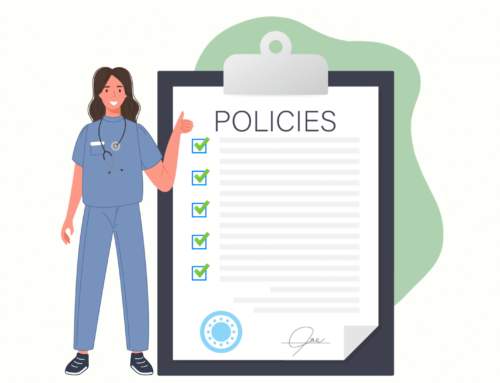Data privacy and security concerns are mounting against Microsoft’s newest operating system. We look at trends in how Microsoft has handled data security in the past, and tell you what you can do to protect your data moving forward.

What Do You Need to Know About Windows 10 and HIPAA?
Since it was first released in July of 2015, Microsoft has remained silent about Windows 10 and HIPAA compliance. The organization has been asked time and again by journalists, thinkers, and influencers across the tech and healthcare IT industries about whether or not the most recent iteration of its Windows operating system complies with data privacy and security regulations set forth by the US government under HIPAA.
Similar to its peers Apple and Google, Microsoft has avoided the topic of HIPAA, leaving the liability for data storage and potential breaches in the hands of its users.
Contrary to its silence on Windows 10, Microsoft has been vocal about its HIPAA compliant Office 365. The company willingly signs business associate agreements (BAAs) with SharePoint Online cloud-storage service users, and many HIPAA covered entities and business associates have since adopted it for their businesses.
Understanding what exactly Windows 10 does with users’ data is where the major conflicts with HIPAA come into play.
To learn more about Windows 10 and HIPAA, click below to view our newest whitepaper. We discuss what you can do to limit the amount of data that Microsoft can access from your device, while diving head first into the issues of data privacy and security.
Find out what you can do to protect your business from breaches and fines, with step-by-step instructions in our “One Year Out: Is Windows 10 HIPAA Compliant?” white paper.







